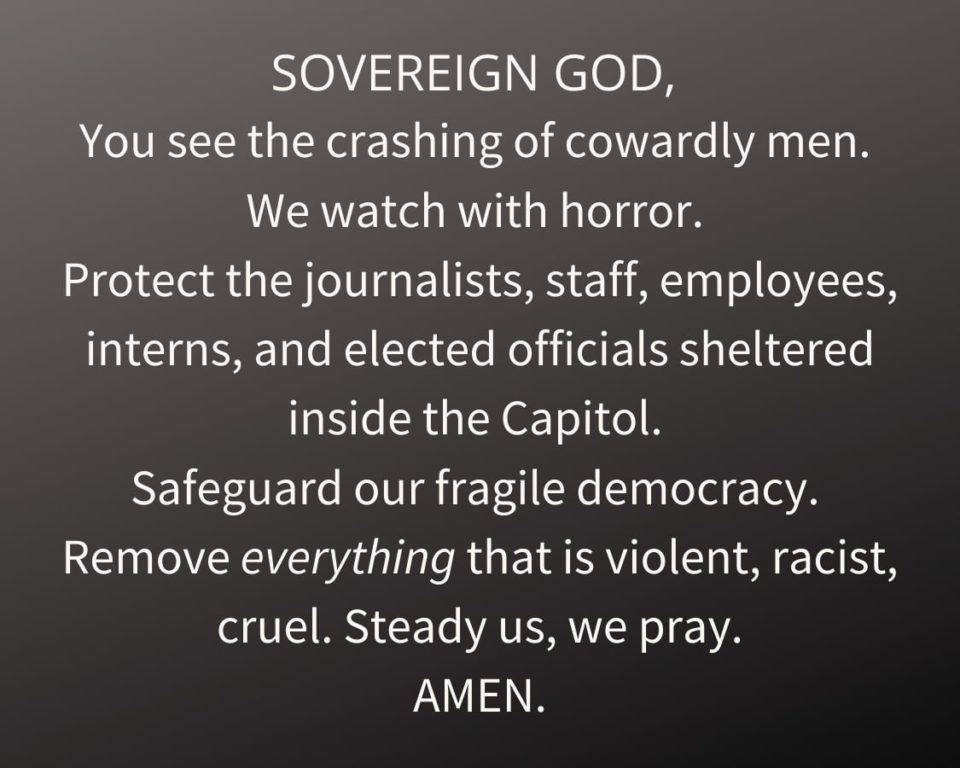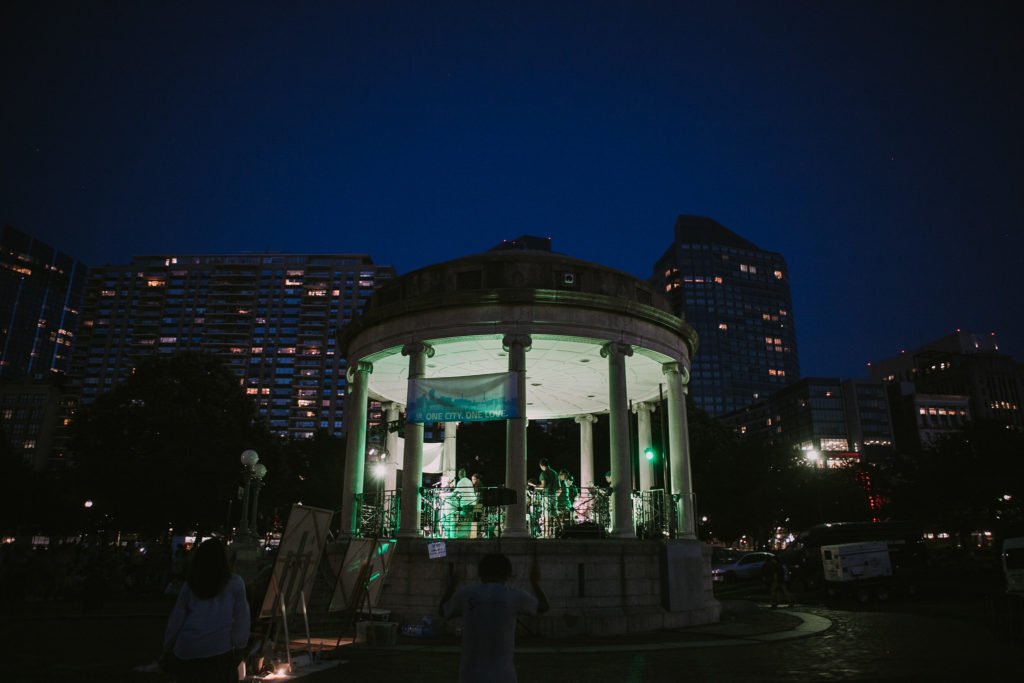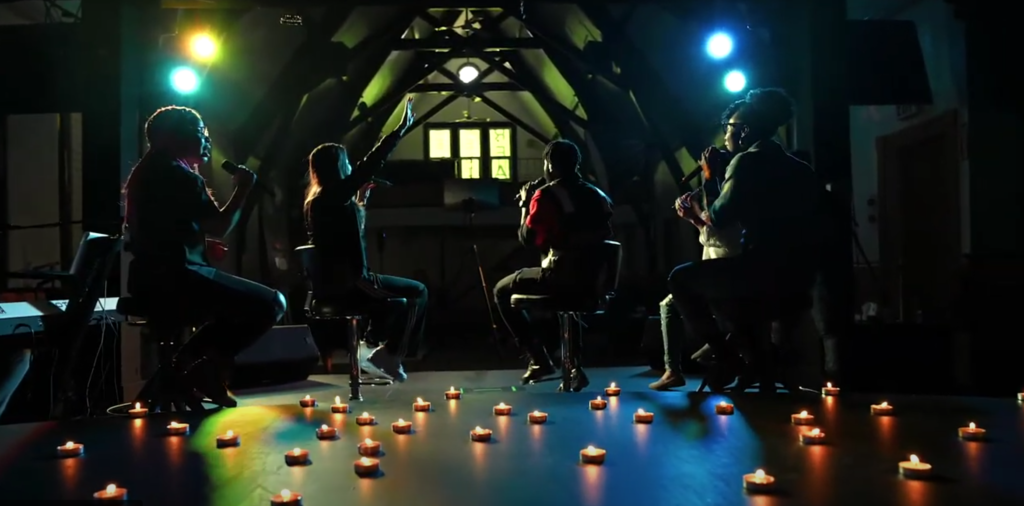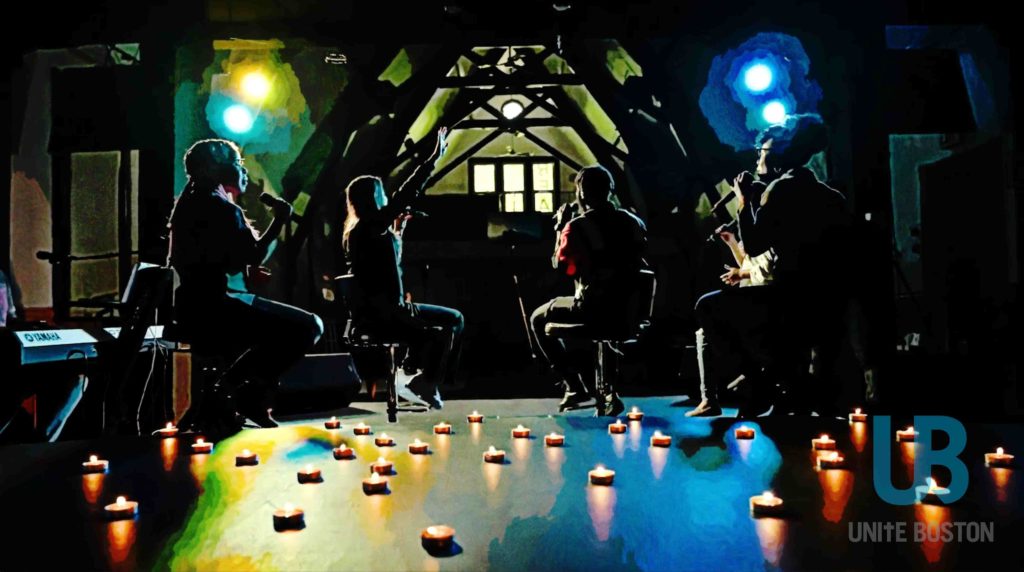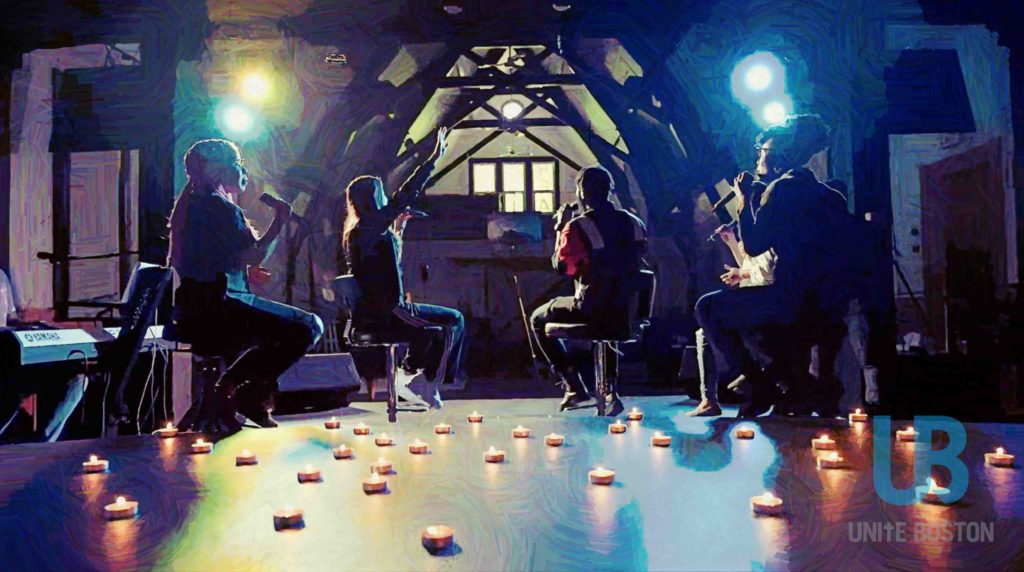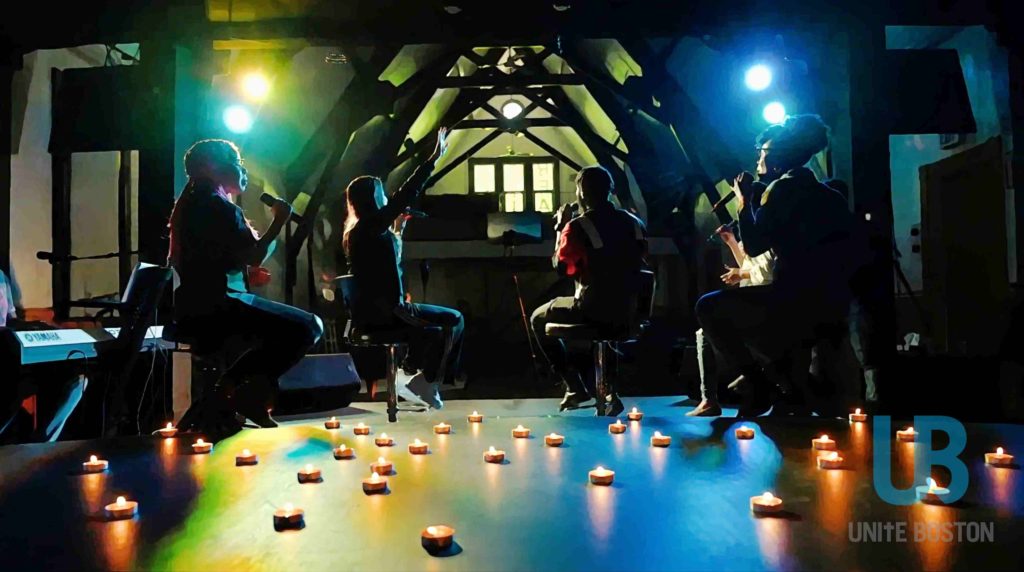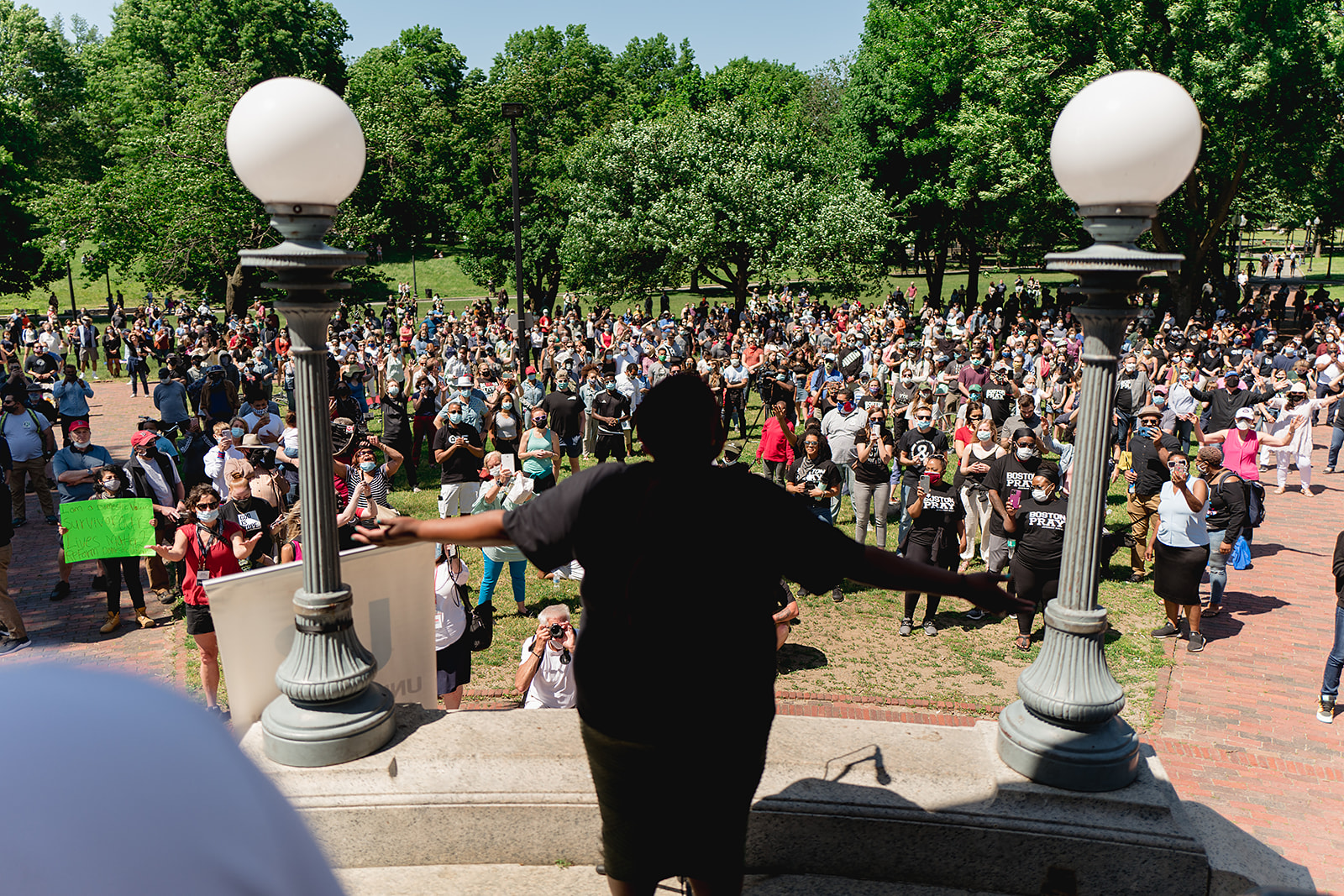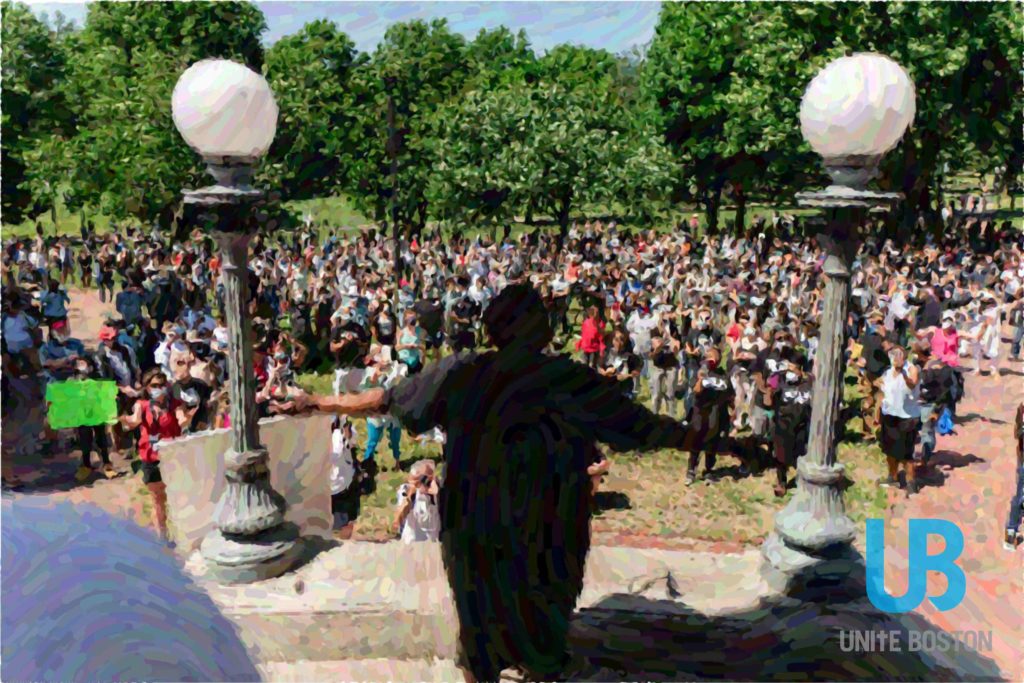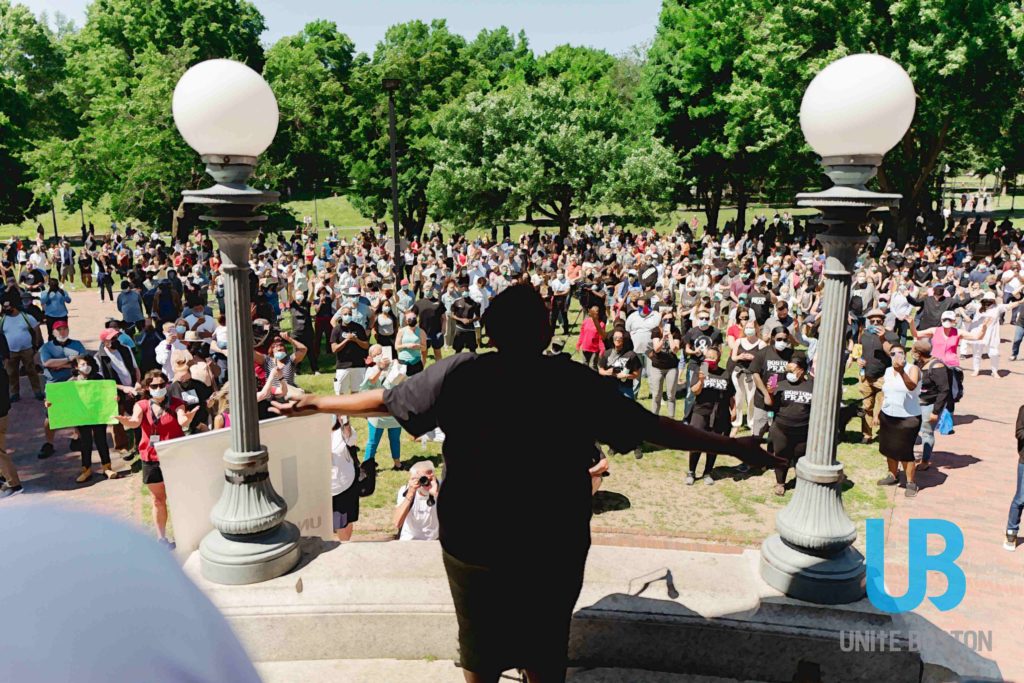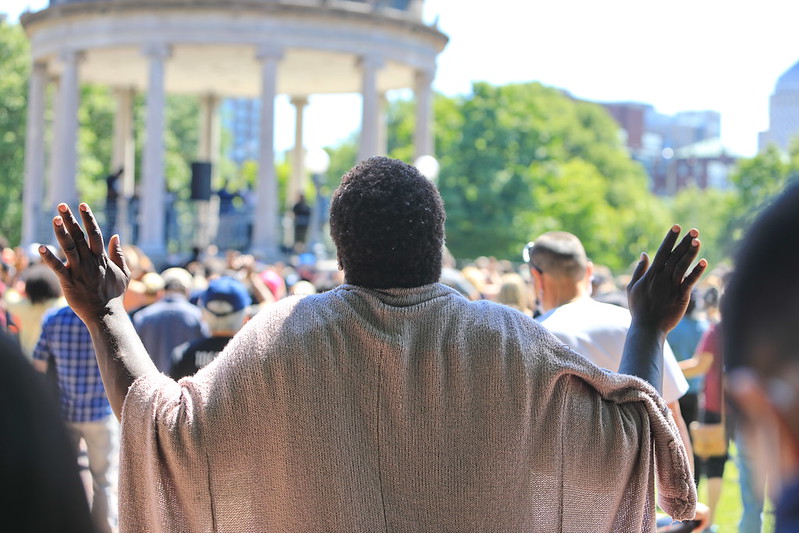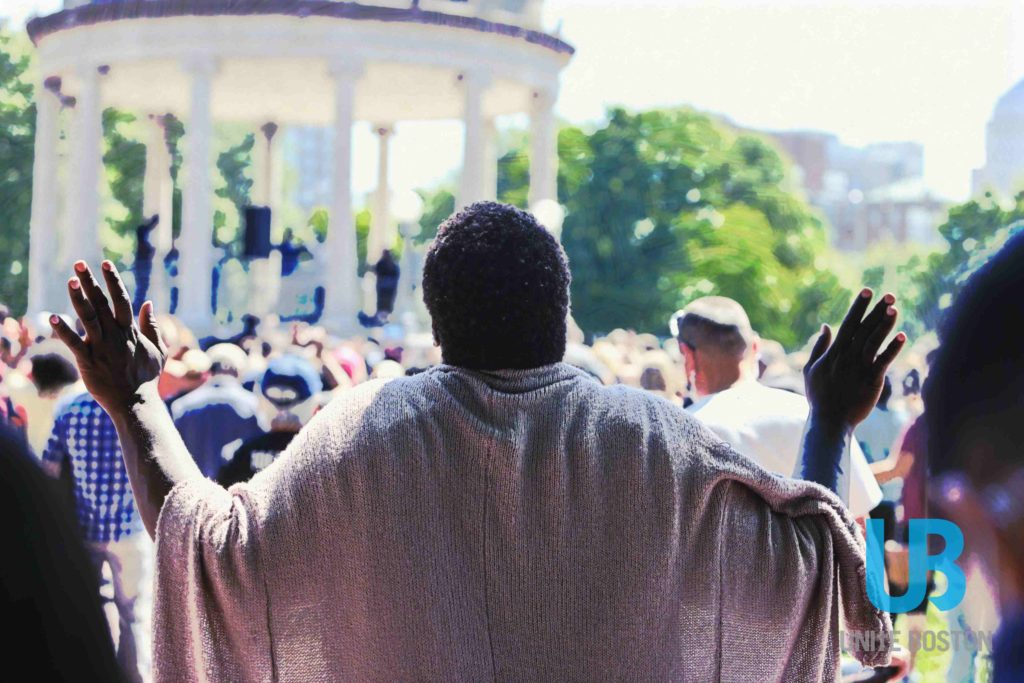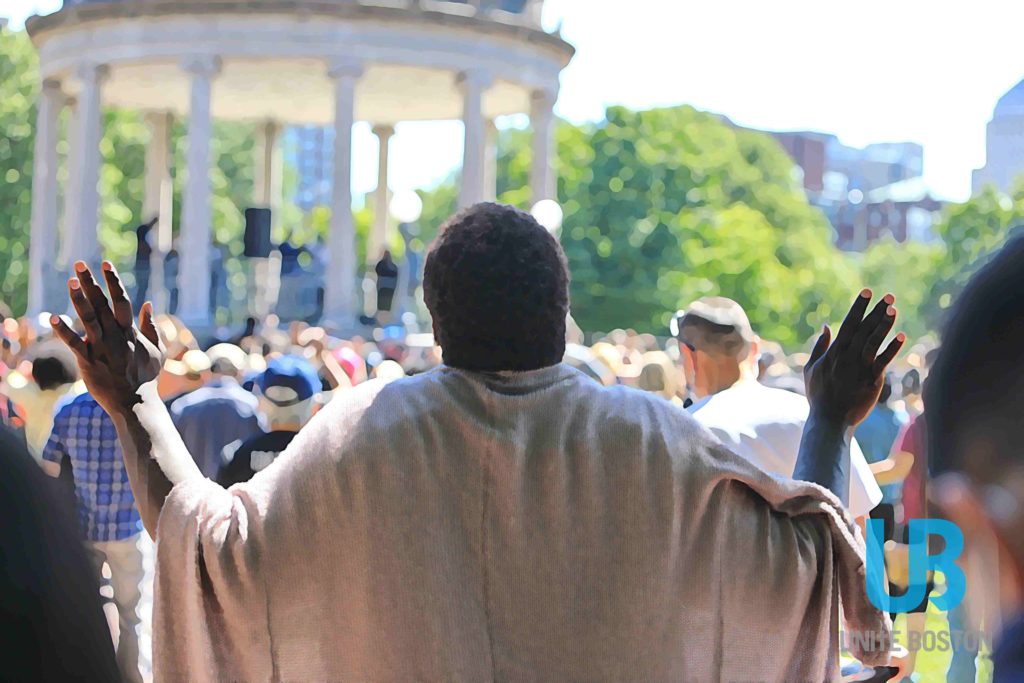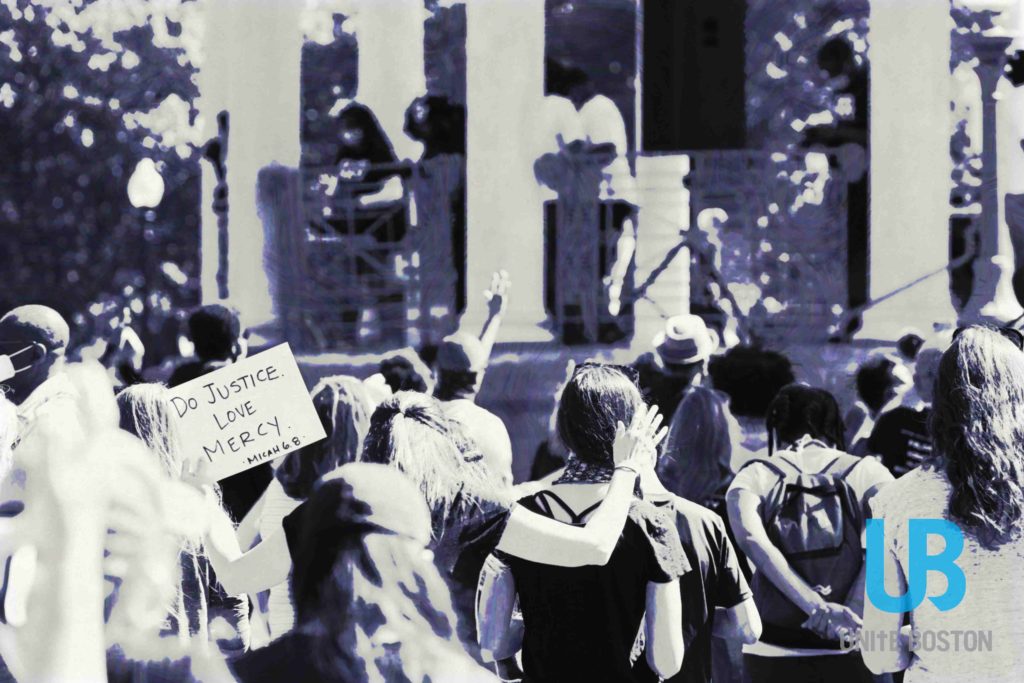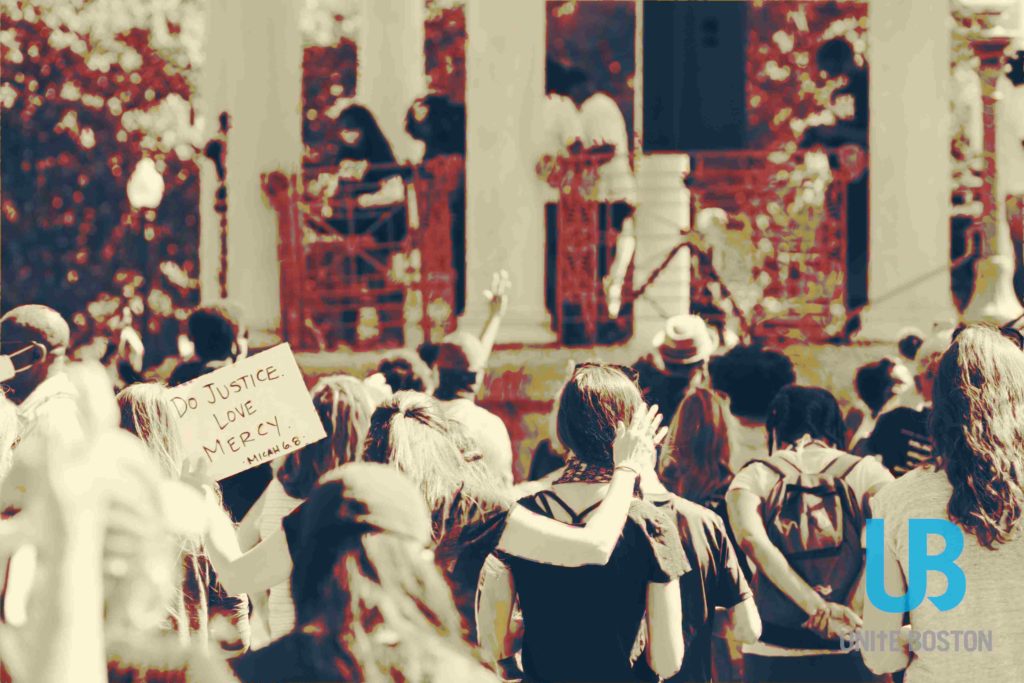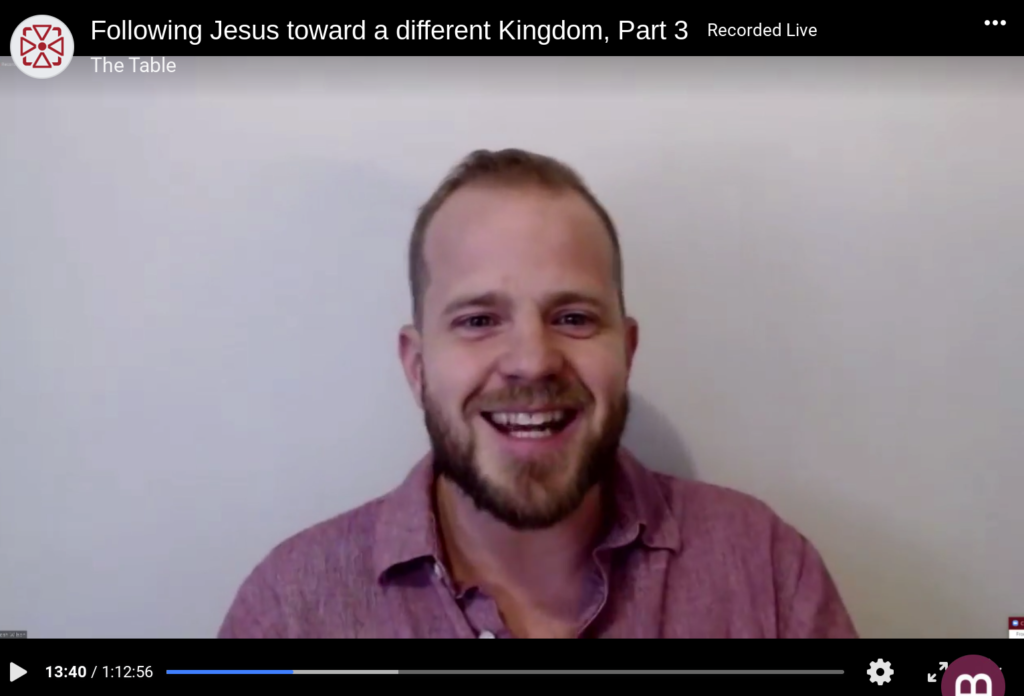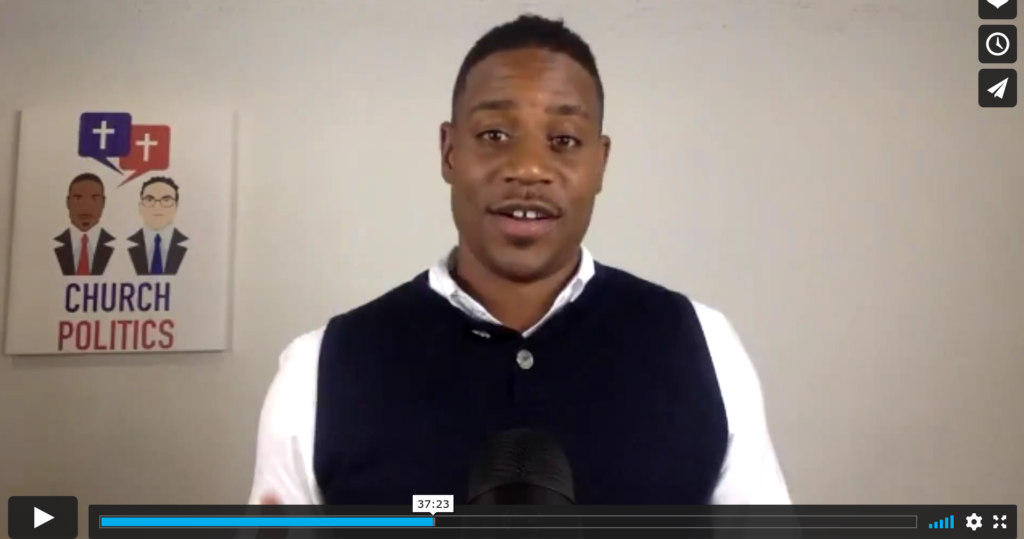“By examining the vocation of pastoral leadership, laity and ministers can come together to better understand, appreciate, and support each other. Through better understanding each other, both pastors and congregants can have a renewed spirit to push forward together in these difficult times.”
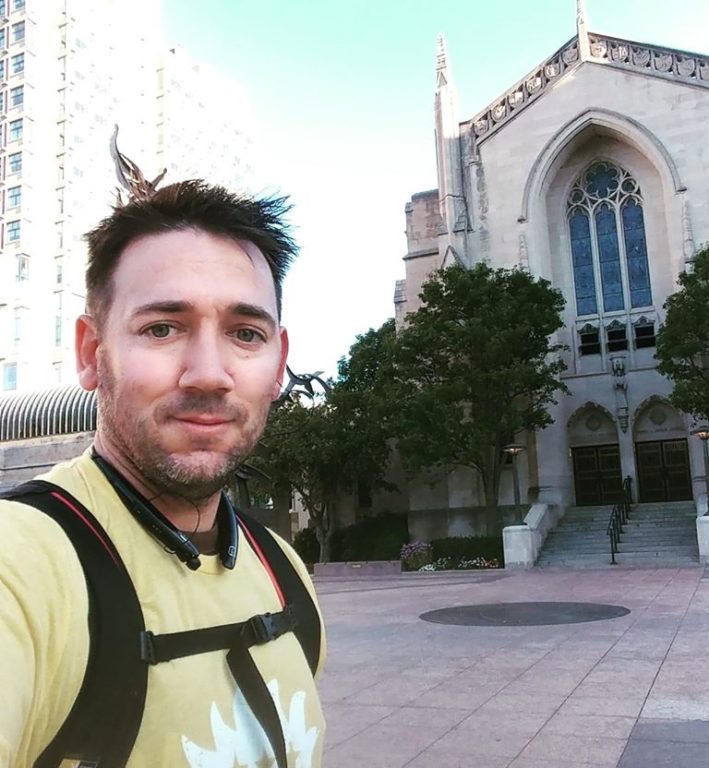
This week, we would like to feature a blog written by Joel Putnam, who is a United Methodist and who served as an intern with UniteBoston last summer and fall with his Masters of Divinity program at the Boston University School of Theology. Joel has been interviewing pastors to learn more about pastoral ministry in this unique time. Read below to hear his insights on pastors in the city!
This semester, I chose to do my contextual education experience with UniteBoston to discover more about the vocation of ministry and the unique calling of a Christian leader. Seminary prepares us for the academic study of theology and gives us tools that are vital to various ministry settings, but I wanted to know what our pastors experience and do week to week. It has been a blessing to interview several pastors, all who have been happy to talk honestly about the good and challenging aspects of full-time ministry. As I sat down (virtually) with these faith leaders to discuss the vocation of ministry, sermon writing, and the struggles and blessings that have come with 2020, I wanted to also share these insights with you, the UniteBoston community.
As many of us have experienced, church life has shifted to being remote, virtual, and socially distanced. This has been especially difficult for smaller, rural, and elderly congregations. Without the necessary resources and know-how to radically shift the way we experience congregational and community life together, many churches are struggling with this “new norm.” In shifting to online services, Pastor Devlin Scott of NewCity Church shared with me his struggles with finding ways to record and broadcast using technology they had to purchase and learn how to use. Pastor Scott lives into his idea that “the message and ministry of the church never changes, but our methods ought to.” NewCity church was able to find a local resource for renting video equipment and switched to pre-recording services after technical difficulties with live streaming. Many churches have experienced similar trial and error periods through these shifts, but the pastors I spoke with are encouraged that these new methods will prove useful for their community in the future.
Creating the experience of communal worship and measuring the impact and spiritual growth happening in people’s faith lives happens radically different through our screens and devices. Many pastors shared with me stories of the innovation and resilience that has emerged in this time. Pastor Gregg Detweiler from Intercultural Ministries at the Emmanuel Gospel Center, shared that, “Disruption can be a good thing. It forces you to reexamine and innovate new ways, but the grind and fatigue of this tests that idealism. The fatigue of life on zoom is real.” Churches have begun utilizing virtual meeting platforms for Bible study, hosting social gatherings, and small groups. Many are pre-recording prayers, readings, and greetings for use as various parts of the worship service. As a safe alternative to virtual spaces, congregations have hosted outdoor services and community gatherings in parking lots. Pastor Eungil Cho of Milan Community United Methodist Church stated, “[In regards to going virtual,] everything was from ground zero; I had to build it up. I had to bring everything I had learned into the church.” These and other innovations from church leadership have continued to guide our local congregations through this difficult year.
Yet even with the struggles of 2020, there have been unexpected blessings. Many pastors shared how they have been able to reach people outside of their local communities. Pastor Seth Fortier, United Methodist Pastor of two New England churches, shared, “You have to be in the community as a church. If the community doesn’t know that you exist, you are not going to survive as a church.” The accessibility of online gatherings enables the participation of people locally as well as from across state lines. For some churches, new resources have opened up as they were forced to downsize things like education and community meals. One local church was even able to find a new building that became available through the unique season of quarantine! By redirecting energy and resources towards other important ministries like their food support and financial assistance, churches have responded to the impacts of the pandemic.
I was also particularly interested in sermon preparation and sharing. I recognized the value of sermons to provide spiritual guidance, but I wondered how pastors know what to say when they step in front of the crowd to deliver insight on God’s word. Pastor Robin Lutjohann of Faith Lutheran Church in Cambridge shared “Preaching ought to be sacramental. it ought to do what a sacrament does, to give you Jesus.” Through my interviews, I learned that much of the training necessary to write and deliver sermons comes from a combination of schooling, life experiences, exegetical work, and through years of practice refining the process of writing sermons that works for them.
In my interviews, pastors shared a variety of emotions in their preparation and experience of preaching, from a spiritual connection to God and God’s people, to five years of excruciating work every week. Many pastors are responsible for crafting unique sermons every week with little time off throughout the year. If a leader of a small church takes a vacation, they must find someone to lead the congregation in worship and in the sacramental duties for the community that go beyond Sunday services. Some churches have ministry teams with several talented preachers, and there are often members of the congregation who can step in to fulfill these roles. Assistance from laity, fellow pastors in nearby churches, and retired clergy within the congregation are often called upon to provide a break for the current ministers. Pastor Robin Lutjohann shared that they have partnered with a nearby church to share in worship where leaders share the responsibilities of weekly worship. This has helped with the weekly tasks of each minister, and brings communities together to share in worship.
Writing a sermon takes time. The process for each person is different, but there are many similarities. I found these common elements of weekly sermon preparation:
- Maintaining personal spiritual practices and devotionals to stay grounded in God’s word
- Reading and praying on the selected scripture
- Exegesis on the passages, including contextualizing the historical and present day meanings, language and translation studies, and placing it in conversation with other passages
- Connecting to the community of theologians through commentaries and online resources
In bringing together all of these ideas and listening for God’s message, our pastors continue to bring us valuable insight to the scripture. What is most encouraging to me is that while each person is doing this work individually, they remain in community with thousands of years of past and present theological insight while bringing in our present-day concerns.
There is more to being a pastor than delivering impactful, wise, and contextualized sermons each week. Our pastors serve the entire community in all aspects of life and ministry. However long and whichever school one chooses for seminary, they cannot possibly prepare us for all of the challenges that we will find in ministry. Many of the pastors I interviewed shared with me how they felt unprepared for the training, experience, and education necessary to run a church that is in many ways similar to a small business. Pastor Chuck Smith of First UMC in Pinellas Park shared, “Nothing in seminary prepared me for the nuts and bolts of ministry; the financial challenges and business knowledge necessary.” There is also never an end to the knowledge and insight one can gain from God’s word, and different schools focus more or less on the scripture than other aspects of theology and ministry. A few pastors wished that their seminaries had provided more scriptural courses, while others felt their education lacked practical application skills like maintaining personal well-being, conflict transformation, and budgeting.
Not all of the skills lend themselves to an academic curriculum. An important aspect of preaching and ministry that is difficult to teach is the trust necessary to connect to a congregation. There is a certain amount of respect that comes from standing behind the pulpit, but in order to really challenge people with new hermeneutical insights, there must be trust established between the pastor and the congregation. Pastor Robin shared, “You can’t challenge people until you have proven to them that you love them.” This trust is earned through compassion and presence in the community. It is not easily measured and not often spoken out loud.
It is my hope that by examining the vocation of pastoral leadership, laity and ministers can come together to better understand, appreciate, and support each other. Through better understanding each other, both pastors and congregants can have a renewed spirit to push forward together in these difficult times. My takeaway from these interviews is that school cannot provide all of the necessary preparation for the vocation of pastoral ministry; rather, it is by God’s grace and a continued spirit to serve others that pastors learn and grow into their calling.
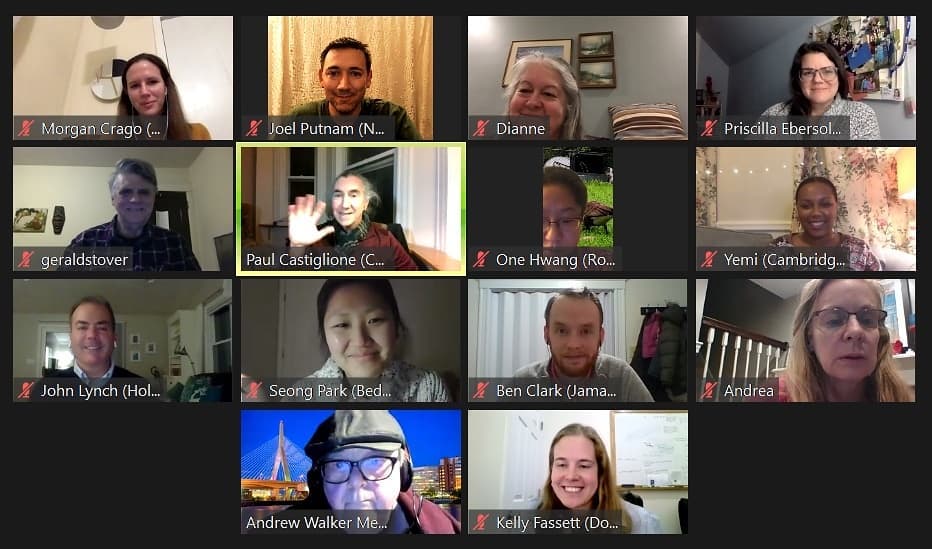
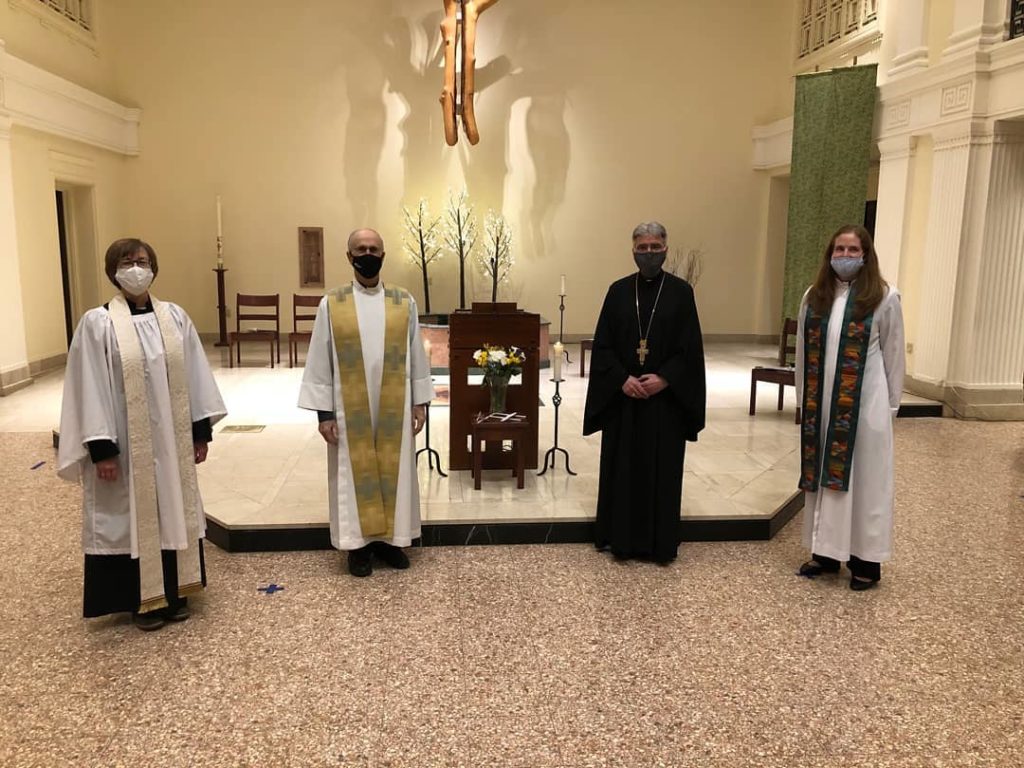
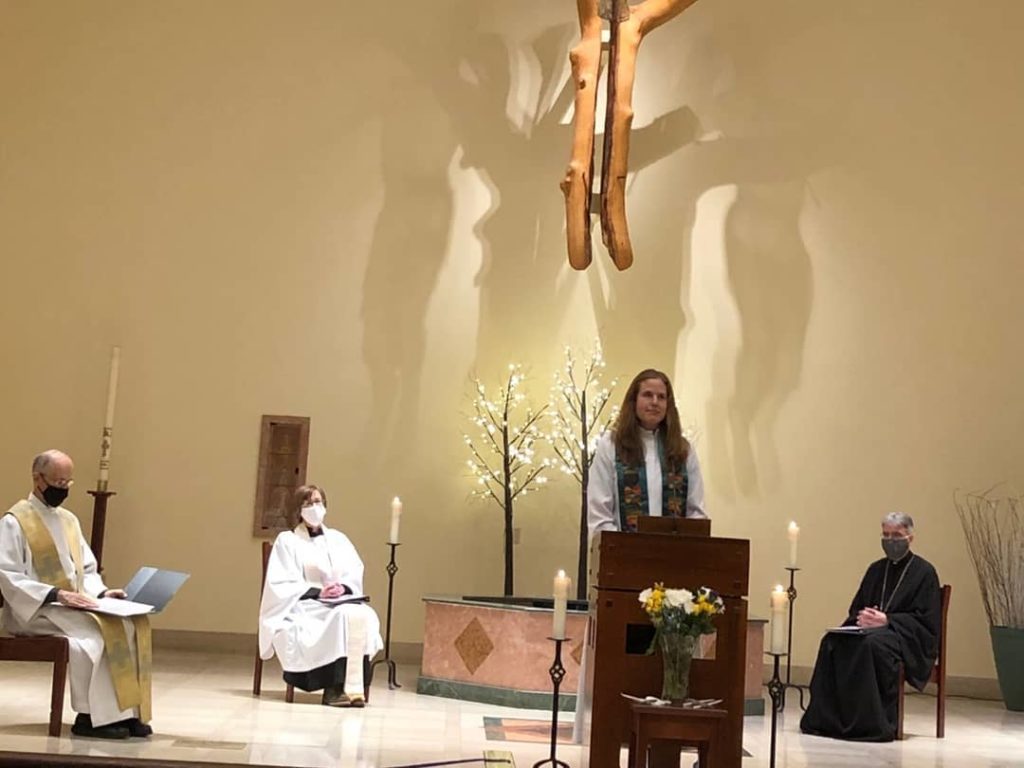
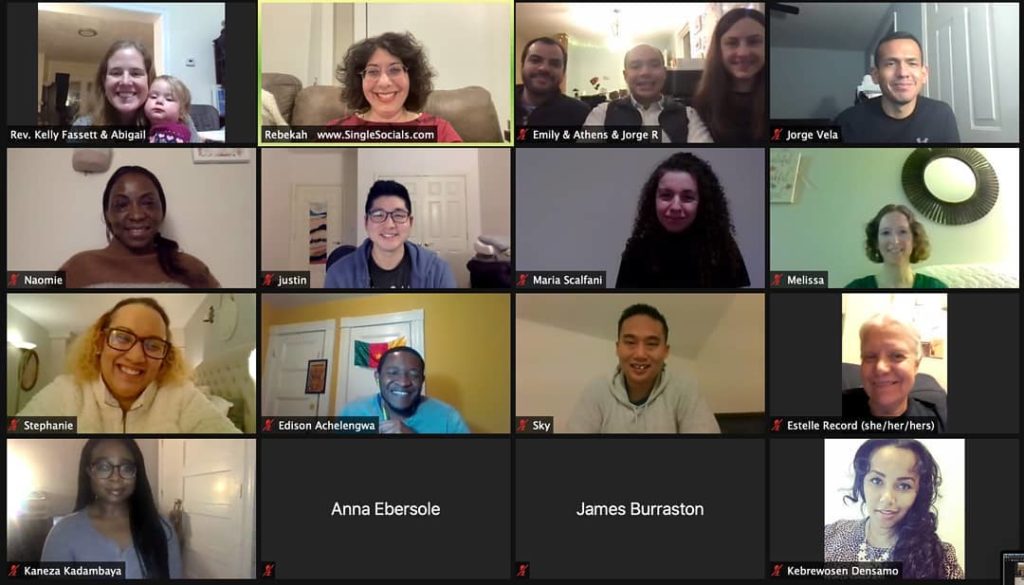
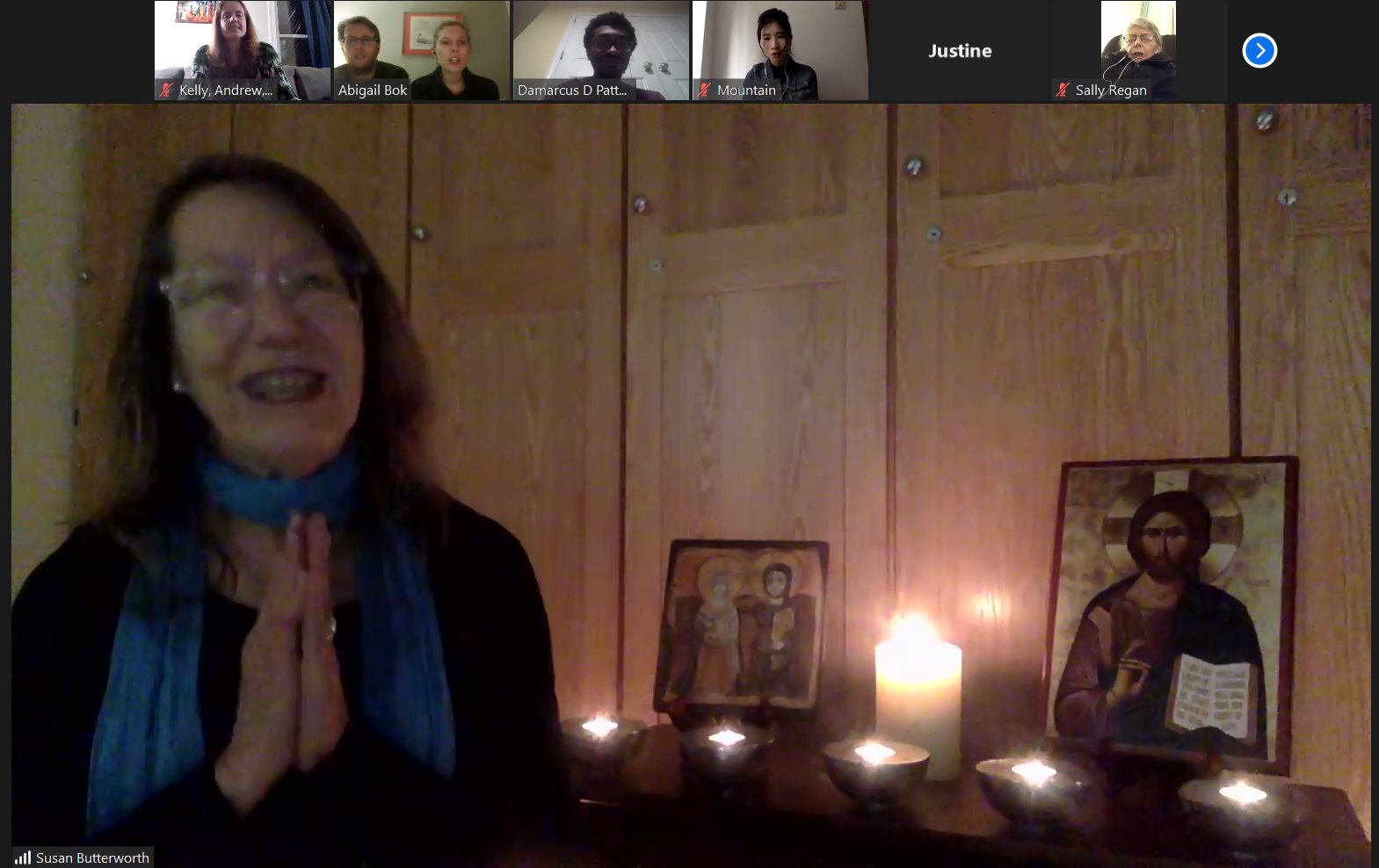
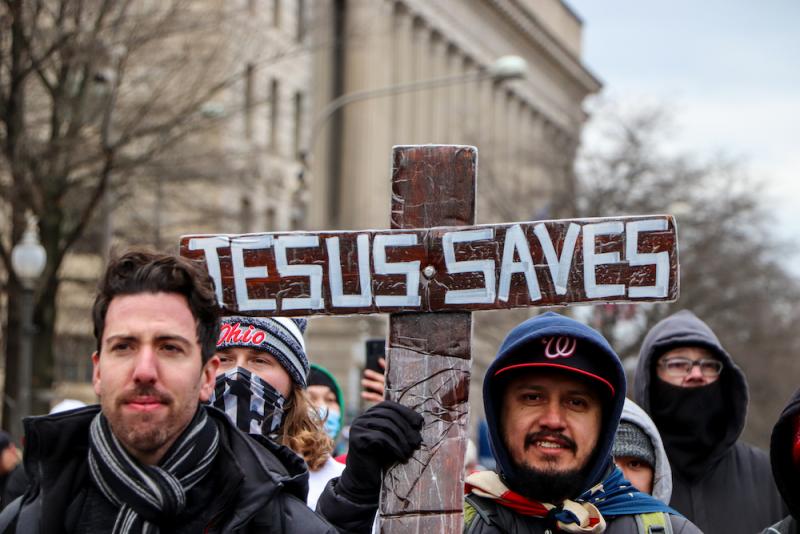



 y this incident in a particular way. Did you see the Bibles? The Jesus signs? Did you hear the confident proclamations of belief in God? The appeal to Christian values in that crowd? Hard as it is for me to say this, but the body of Christ was present there. And we as Christians were being represented by people who claimed the mantle of our Lord’s Gospel as inspiration for their actions.
y this incident in a particular way. Did you see the Bibles? The Jesus signs? Did you hear the confident proclamations of belief in God? The appeal to Christian values in that crowd? Hard as it is for me to say this, but the body of Christ was present there. And we as Christians were being represented by people who claimed the mantle of our Lord’s Gospel as inspiration for their actions.